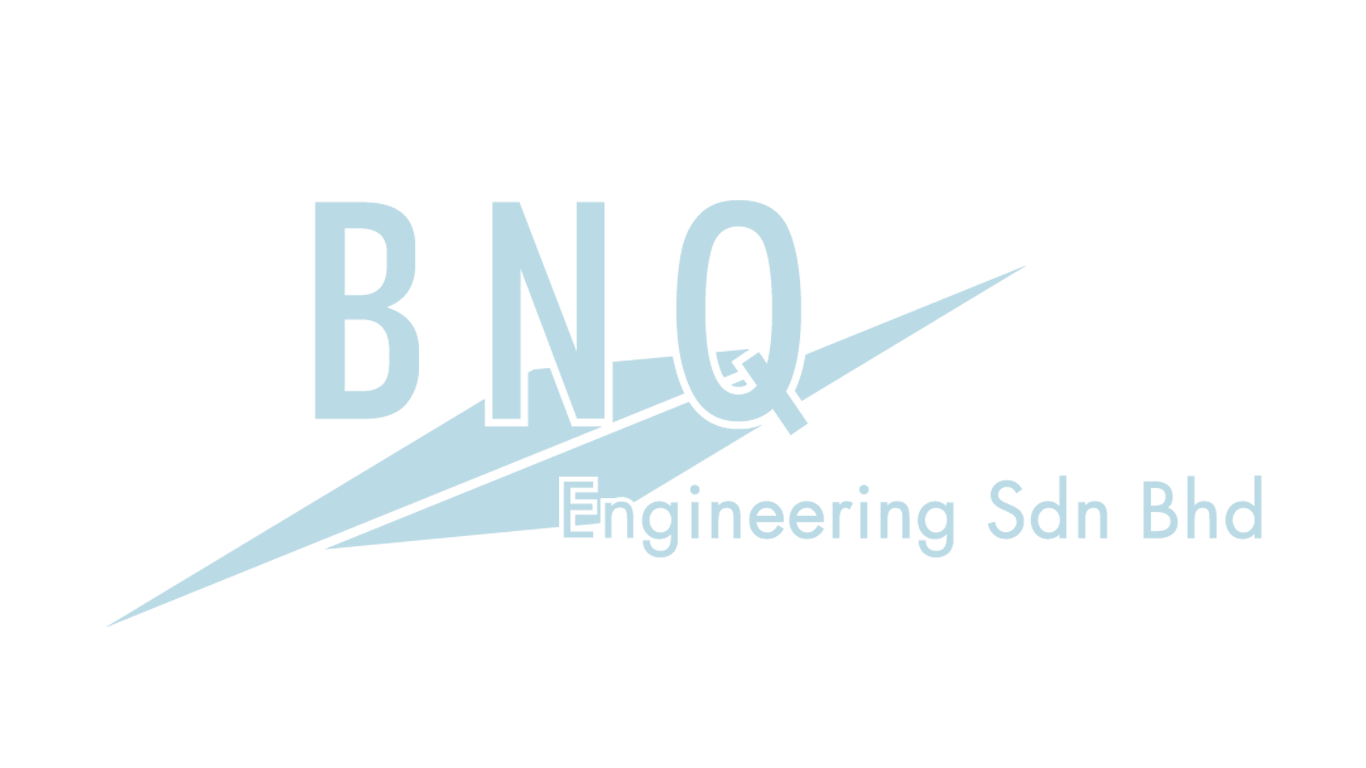As the world grapples with the pressing challenges of climate change, resource scarcity, and rapid urbanization, the need for sustainable infrastructure development has never been more critical. Sustainable infrastructure is not just about building for today but also ensuring that our constructions stand the test of time, contributing positively to the environment, economy, and society. In this article, we explore the emerging trends and technologies shaping the future of sustainable infrastructure development.
Green building practices
Green building practices are at the forefront of sustainable infrastructure development. These practices focus on reducing the environmental impact of buildings through energy efficiency, water conservation, and the use of sustainable materials. Key components include:
- Energy-efficient designs
Incorporating natural lighting, advanced insulation, and energy-efficient HVAC systems to reduce energy consumption. - Water conservation
Implementing rainwater harvesting, greywater recycling, and low-flow fixtures to minimize water use. - Sustainable materials
Using recycled, renewable, and locally sourced materials to reduce the carbon footprint associated with construction and material transportation.
Renewable energy integration
Integrating renewable energy sources into infrastructure projects is a cornerstone of sustainability. Renewable energy not only reduces greenhouse gas emissions but also ensures a reliable and sustainable energy supply for the future. Key approaches include:
- Solar energy
Installing solar panels on buildings, parking structures, and open spaces to harness solar power. - Wind energy
Utilizing wind turbines in suitable locations to generate electricity. - Geothermal energy
Leveraging geothermal heat pumps for heating and cooling buildings, reducing reliance on fossil fuels.
Resilient design
Resilient design focuses on creating infrastructure that can withstand and adapt to the changing climate and extreme weather events. This involves:
- Flood-resistant structures
Designing buildings and infrastructure to withstand flooding through elevated foundations, flood barriers, and permeable surfaces. - Seismic resilience
Implementing building techniques and materials that enhance the ability of structures to withstand earthquakes. - Flexible urban planning
Creating adaptable urban layouts that can evolve with changing environmental and social conditions.
Smart infrastructure
The integration of smart technologies into infrastructure projects is revolutionizing the way we build and manage our environments. Smart infrastructure uses data and technology to enhance the efficiency, sustainability, and resilience of urban systems. Key innovations include:
- Smart grids
Implementing advanced electrical grids that optimize energy distribution and consumption. - IoT sensors
Utilizing sensors to monitor infrastructure health, traffic patterns, and environmental conditions in real-time. - Autonomous systems
Deploying autonomous vehicles and drones for construction, maintenance, and monitoring tasks, reducing human intervention and improving efficiency.
Sustainable urban mobility
Sustainable urban mobility is a critical aspect of infrastructure development, focusing on reducing the environmental impact of transportation systems. Strategies include:
- Public transit systems
Expanding and improving public transportation to reduce reliance on private vehicles. - Bicycle and pedestrian infrastructure
Creating safe and accessible pathways for non-motorized transport. - Electric vehicles
Promoting the adoption of electric vehicles through the development of charging infrastructure and incentives.
Conclusion
The future of sustainable infrastructure development lies in the integration of green building practices, renewable energy, resilient design, smart technologies, and sustainable urban mobility. By embracing these trends and technologies, we can create infrastructure that not only meets the needs of today but also safeguards the environment and resources for future generations. At BNQ Engineering, we are committed to driving innovation and excellence in sustainable infrastructure, ensuring that our projects contribute to a better and more sustainable world.


